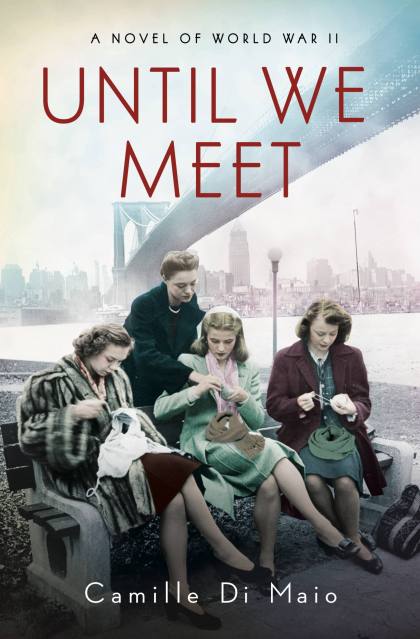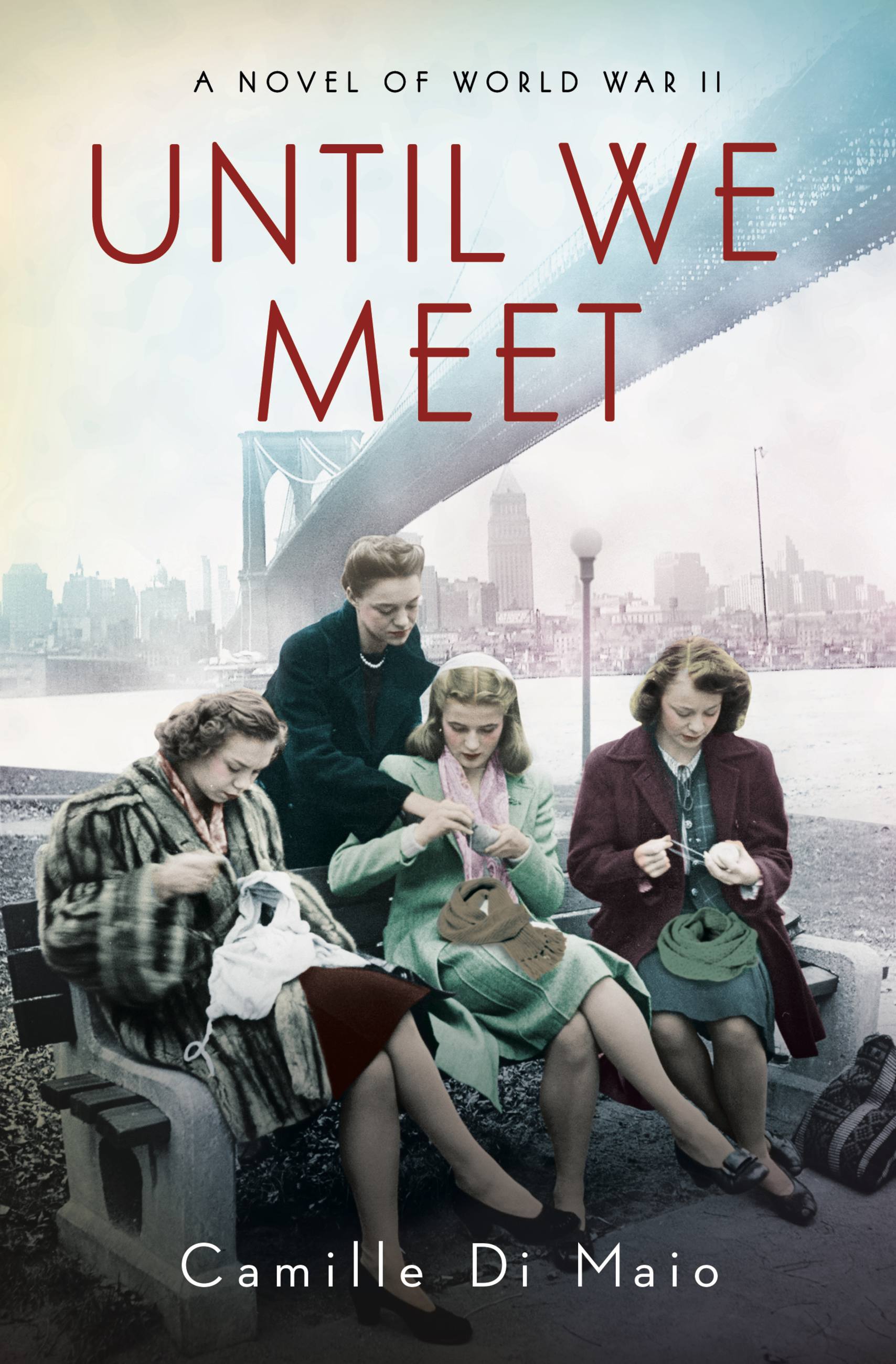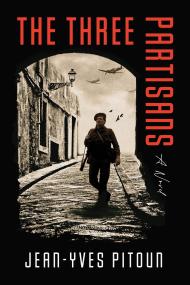By clicking “Accept,” you agree to the use of cookies and similar technologies on your device as set forth in our Cookie Policy and our Privacy Policy. Please note that certain cookies are essential for this website to function properly and do not require user consent to be deployed.
Until We Meet
Contributors
Formats and Prices
- On Sale
- Mar 1, 2022
- Page Count
- 384 pages
- Publisher
- Forever
- ISBN-13
- 9781538738047
Price
$15.99Price
$21.99 CADFormat
Format:
- Trade Paperback $15.99 $21.99 CAD
- ebook $9.99 $12.99 CAD
- Audiobook Download (Unabridged) $27.99
This item is a preorder. Your payment method will be charged immediately, and the product is expected to ship on or around March 1, 2022. This date is subject to change due to shipping delays beyond our control.
Buy from Other Retailers:
New York City, 1943
Can one small act change the course of a life?Margaret’s job at the Navy Yard brings her freedoms she never dared imagine, but she wants to do something more personal to help the war effort. Knitting socks for soldiers is a way to occupy her quiet nights and provide comfort to the boys abroad. But when a note she tucks inside one of her socks sparks a relationship with a long-distance pen pal, she finds herself drawn to a man she’s never even met.
Can a woman hold on to her independence if she gives away her heart? Gladys has been waiting her whole life for the kinds of opportunities available to her now that so many men are fighting overseas. She’s not going to waste a single one. And she’s not going to let her two best friends waste them either. Then she meets someone who values her opinions as much as she likes giving them, and suddenly she is questioning everything she once held dear.
Can an unwed mother survive on her own?Dottie is in a dire situation—she’s pregnant, her fiancé is off fighting the war, and if her parents find out about the baby, they’ll send her away and make her give up her child. Knitting helps take her mind off her uncertain future—until the worst happens and she must lean on her friends like never before.
With their worlds changing in unimaginable ways, Margaret, Gladys, and Dottie will learn that the unbreakable bond of friendship between them is what matters most of all.
-
“Fans of classic Hollywood, historical fiction, and light romance will enjoy this tale of California sunshine, ghosts, and love.”Booklist, on The Beautiful Strangers
-
“The Way of Beauty is a charming multi-generational love story, but it is more than that: it is a story of family, love lost, and love found…A loving tribute to the workers who risked their lives and health in building iconic structures in New York City."Historical Novel Society
-
“Fans of historical women’s fiction and light romance will enjoy this pleasant work of historical fiction.”Booklist, on The Way of Beauty
-
“The Way of Beauty is another deftly crafted and reader-engaging novel by Camille Di Maio, and continues to showcase her genuine flair for originality and narrative storytelling.Midwest Book Review
Newsletter Signup
By clicking ‘Sign Up,’ I acknowledge that I have read and agree to Hachette Book Group’s Privacy Policy and Terms of Use







